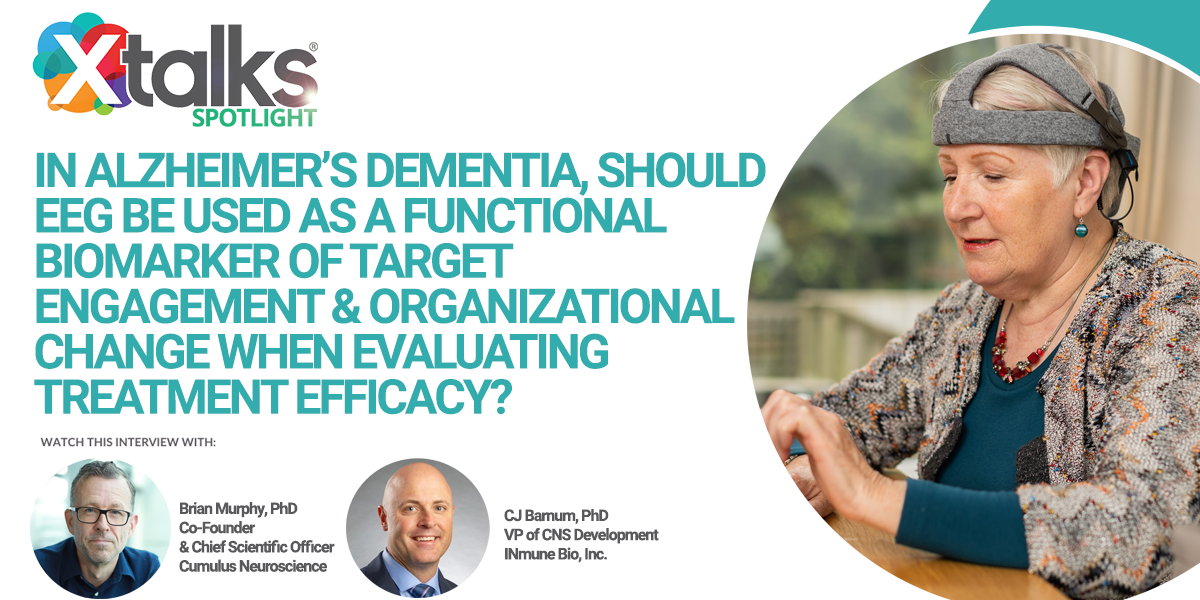Every year, nearly 3,000 people in the United States are diagnosed with mesothelioma cancer. While this number only accounts for a small percentage of overall US cancer diagnoses, for the families affected by this cancer, the damage is unfathomable. Mesothelioma is a rare form of cancer that primarily affects the lining of the lungs. The only known cause of mesothelioma is exposure to asbestos; a naturally-occurring fibrous mineral found in most homes and commercial buildings that were built prior to 1980. When an individual is exposed to asbestos, the fibers of this carcinogen become inhaled or ingested, causing irreversible damage to the lining of the internal organs.
One of the reasons why this cancer is so deadly is due to its long latency period. Mesothelioma takes between 10 and 50 years to show symptoms after exposure, and once a patient begins to succumb to its symptoms, the cancer is oftentimes already in a later stage, limiting the possibility of survival. Patients diagnosed with mesothelioma are typically given less than a year to live, so every step in the treatment process is crucial.
Because mesothelioma patients do not have the luxury of a slow prognosis, doctors and patients alike are constantly searching for new treatment options to accelerate a patient’s chance of remission. Fortunately, new research has started to be conducted revolving around using the body’s own immune system to fight against rare cancers.
CAR-T Cell Therapy
An emerging therapy which has shown particularly high success in treating rare cancers is CAR-T cell therapy. CAR-T cell therapy involves reengineering a patient’s existing immune cells to destroy cancer cells. T cells are a type of white blood cell that play an essential role in targeting foreign bodies throughout our immune system. The patient’s T cells are removed from their blood and given a gene for a specialized receptor that targets cancer cells. This receptor is known as a chimeric antigen receptor (CAR). When these engineered cells multiply, they are geared to attack the patient’s cancer cells only, and not the patient’s other healthy organs. This means that T cells that are created for a patient who has leukemia are not going to be effective for a patient who has neuroblastoma. These new immune cells are grown in abundance for several weeks and will later be infused back into the patient’s body.
Once the cells have been reintroduced into the patient’s bloodstream, the patient must be monitored closely due to extreme, and potentially lethal, side effects. Nausea, headaches and rash are all common symptoms of large numbers of cell signaling molecules known as cytokines being released into the bloodstream. As the T cells begin to propagate, or an overabundance of these cells is initially infused, extremely high fevers and decreased blood pressure can occur. This is known as cytokine release syndrome (CRS), and in rare worst-case scenarios, can cause the brain to swell (cerebral edema).
Despite potentially dangerous side effects, many patients are volunteering to take part in clinical trials for this therapy, as it may be their last chance for a prolonged life expectancy.
CAR-T Cell Success in Mesothelioma Patients
While this type of immunotherapy has proven to be successful in patients with blood cancer, oncologists are now putting it to the test against harder to treat cancers that involve solid tumors.
Recently, a study published by the Memorial Sloan Kettering Cancer Center, spearheaded by Dr. Prasad Adusumilli, showed promising results in treating malignant pleural mesothelioma (MPM) with CAR-T cell therapy. This small trial consisted of 12 patients, 10 of whom had MPM. All 12 of the patients received an intrapleural single dose of IcasM28z CAR-T cells, which are geared specifically to target mesothelin, a tumor differentiation antigen that is typically overexpressed in mesothelioma cancer. These mesothelin-targeted T cells were well received by the patients, showing no therapy-related toxicity, with evidence of actually fighting against the present tumor.
The results of this clinical trial were encouraging, with five patients showing tumor regression through diagnostic imaging studies. One patient was positively impacted by this treatment, remaining clinically well eight months post T cell infusion with consistent evidence of T cells in their blood 31 weeks later.
As more data is gathered from these clinical trials, hopefully this therapy will become a more widely feasible option for patients suffering from difficult to treat cancers. Currently, for those who are not fortunate enough to be included in a clinical trial, it is challenging to pay for CAR-T cell therapy. Novartis’ Kymriah, the first FDA-approved immuno-oncology drug, comes with an astronomical price tag. This T cell therapy has shown breakthrough results in treating childhood leukemia. However, the high cost of $371,000 for this one-time therapy greatly limits the number of patients who are able to afford this treatment. Fortunately, as competitors begin to develop their own forms of this immunotherapy, the overall price is expected to decrease, making it more readily available for the majority of candidates.
Continued Research
The competition in the immunotherapy field is growing, with researchers from many hospitals and organizations working feverishly to develop new immunotherapy drugs. While mainstream T cell therapies are ultimately unaffordable for those who are unable to participate in a clinical trial or are not offered a subsidized payment plan, there is hope that the price of this treatment will eventually decline. Whether it be due to government involvement or an increase in available options, patients are in dire need of this treatment, especially after they have exhausted all other possibilities. Fortunately, there are currently quite a few clinical trials being conducted for mesothelioma patients, which should be carefully reviewed before submitting a recruitment request.












Join or login to leave a comment
JOIN LOGIN